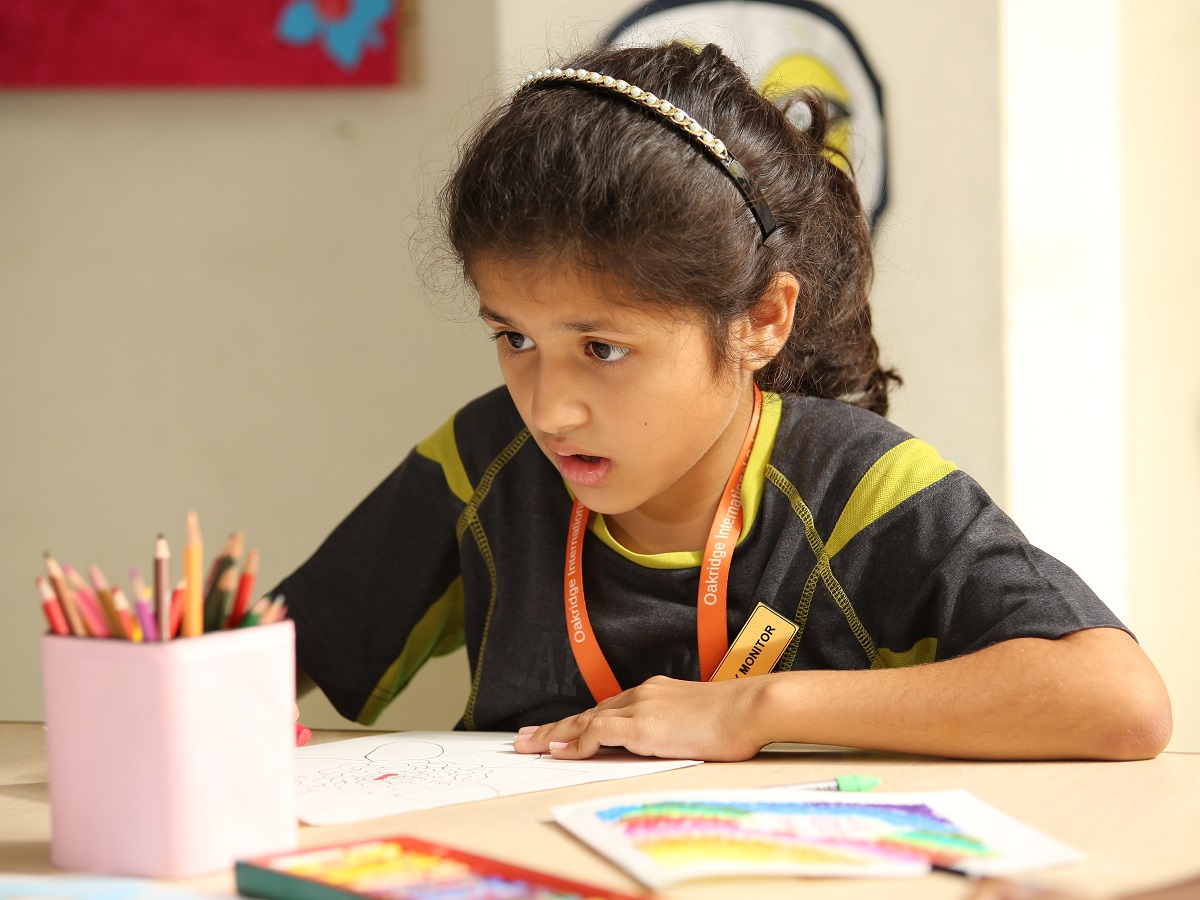Does your child have a good attention span?
- 8 July 2022


Technology has made our lives easier. But studies show that the increasing use of technology has decreased the attention span of human beings, especially children. According to a study done in the early 2000s, the average attention span of humans shrunk from 12 seconds to 8.25 seconds, which is shorter than a goldfish (with nine seconds).
Attention span is the key to effective learning. Therefore, it plays an important role in the learning process of a child. The amount of time a child spends listening and understanding the information shared by the teacher during a class affects how much the child has taken from the lesson. Further, using that information in exams and life beyond.
From how they are feeling on a particular day to outside influences that are drawing their attention away from the activities, all this has a lot to do with their span of attention. There are many reasons why a child can have a less attention span, such as familiarity with a subject, personal interest, learning disabilities, mood disorders, mental health issues, cognitive ability, or any biological factor like being tired or hungry.

An estimated attention span of healthy teenagers and adults ranges from 5- 6 hours. Well, that is possible because people can choose to renew their focus repeatedly on the same thing before losing concentration or interest completely. Child development experts generally believe that a healthy and normal attention span of a child can be generalized to be closer to 2 to 3 minutes in a go.
How your child thinks and interprets sensory information is an important component to understanding your child’s span of attention and what may be done to improve it.
At Oakridge, being one of the premium international schools in India, we focus on creating an engaging learning environment, where kids engage with their surroundings and love coming to school.
Expert analysis from Preeti Sahu – Shaping Brands and Inspiring Connections

Hyderabad, Gachibowli

Hyderabad, Bachupally

Visakhapatnam

Mohali
Bengaluru